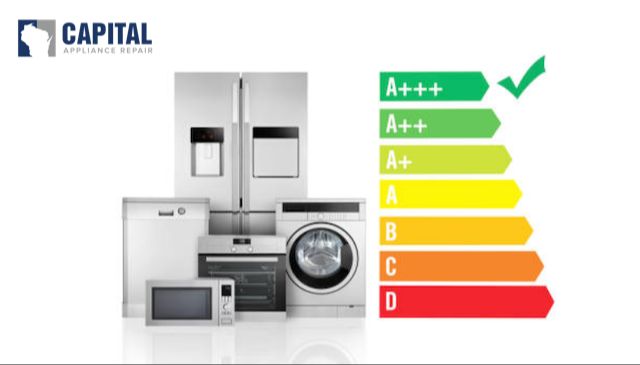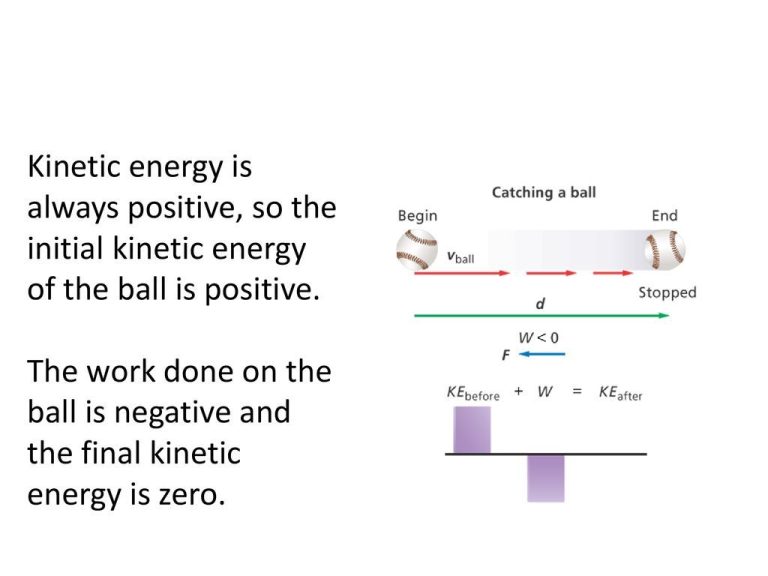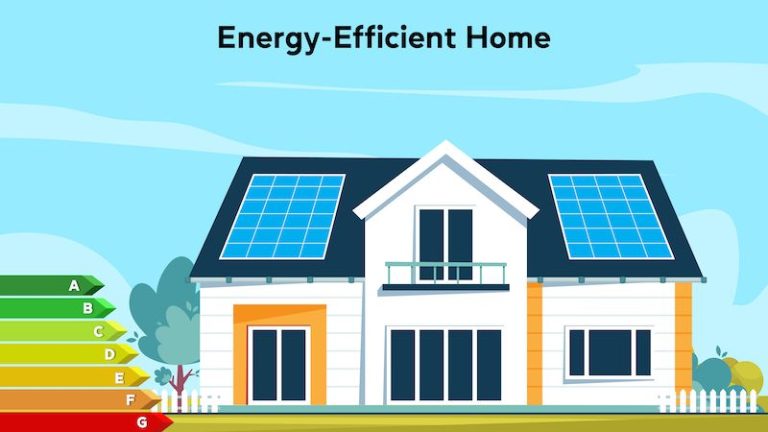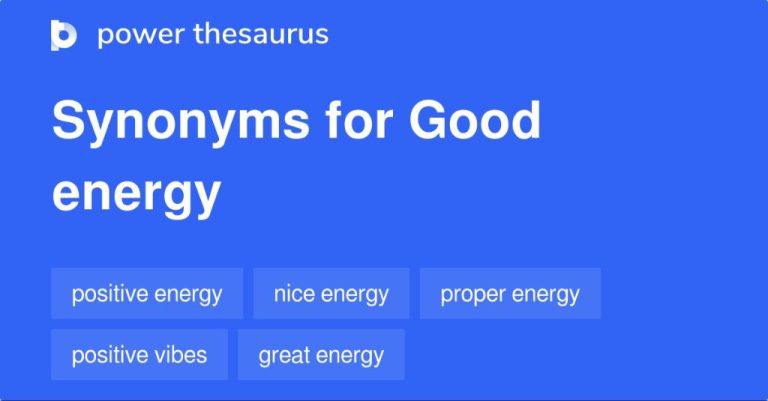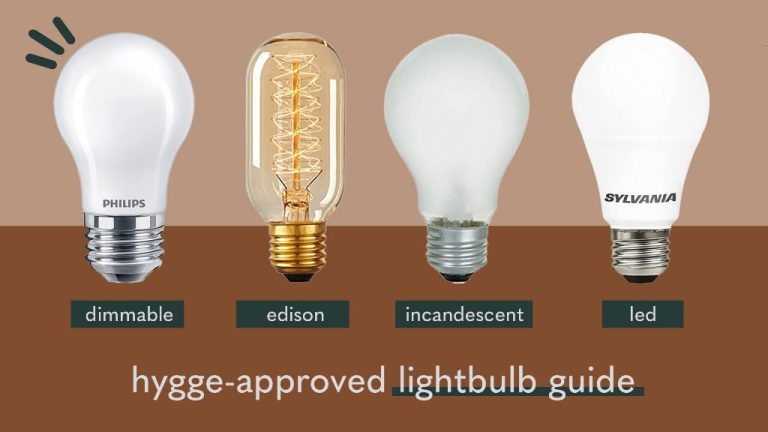Why Is Calculating Energy Efficiency Important?
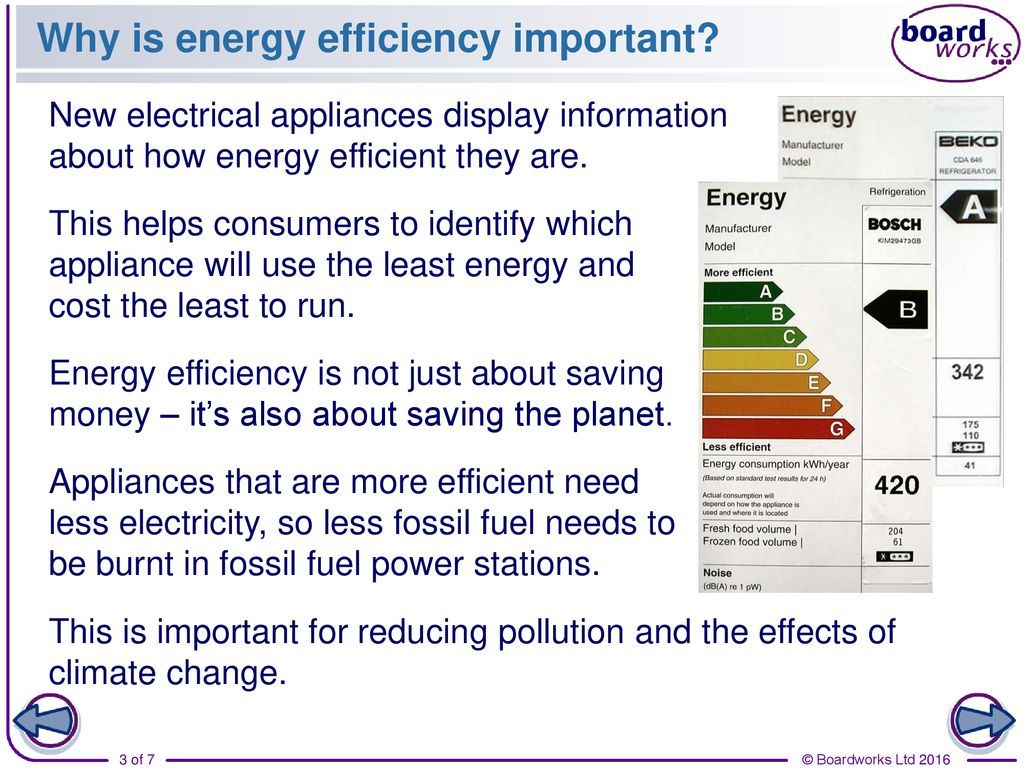
Energy efficiency refers to using less energy to provide the same service. This includes using less energy for transportation, lighting, heating, cooling, industrial processes, and other applications. With rising energy prices, climate change concerns, and energy security threats, improving energy efficiency has become increasingly important in recent years.
Calculating and tracking energy efficiency allows us to identify opportunities to use less energy while maintaining or improving services. Focusing on energy efficiency can provide many benefits on both individual and societal levels.
Saving Money
Energy efficient appliances, lighting, and other devices can lead to significant savings on utility bills. According to the U.S. Department of Energy, “Energy efficiency saves money. By lowering energy use, energy efficiency reduces monthly energy bills and makes energy more affordable for businesses and households.” https://www.energystar.gov/about/how_energy_star_protects_environment/energy_efficiency
Upgrading to more efficient heating, ventilation, and air conditioning (HVAC) systems, properly sealing and insulating buildings, and switching to LED lighting are some of the most impactful ways to reduce energy usage and costs. EnergySage notes that “According to the DOE, you can save about 30 percent on your utility bills by upgrading your HVAC system, properly air-sealing and insulating your home, and switching to efficient lighting.” https://www.energysage.com/energy-efficiency/costs-benefits/
Families can save hundreds of dollars per year by using energy efficient appliances and electronics. The Natural Resources Defense Council explains that “Energy-efficient appliances can save families hundreds of dollars a year on utility bills. In many cases, these long-term savings can make up for the higher initial cost of efficient models.” https://www.nrdc.org/stories/energy-efficiency-clean-facts
Reducing Emissions
More efficient energy use reduces greenhouse gas emissions. According to the International Energy Agency, “Energy efficiency delivers a number of environmental benefits. It notably reduces GHG emissions, both direct emissions from fossil fuel combustion or indirectly by reducing electricity demand” (IEA). The US Department of Energy also states that “Reducing energy use is essential in the fight against climate change, because traditional power plants burn fossil fuels that release greenhouse gases” (DOE). Increased energy efficiency in buildings, transportation, and industry can significantly lower carbon dioxide and other emissions associated with energy production and use.
Improving Air Quality
Calculating and improving energy efficiency in homes, commercial buildings, industry, and transportation can significantly reduce air pollution by lowering fossil fuel emissions. According to the IEA, energy efficiency improvements could reduce global air pollutant emissions by 10% by 2040.[1] Less fossil fuel burning means lower emissions of pollutants like particulate matter, nitrogen oxides, sulfur dioxide, mercury, and volatile organic compounds. This leads to better outdoor air quality and reduced health impacts.
A 2019 study in the journal Environmental Science & Technology found that proposed U.S. energy efficiency standards for residential appliances could provide air quality and health benefits worth $4.2 billion annually by 2025. The standards were projected to avoid thousands of premature deaths as well as asthma attacks, hospital admissions, and lost workdays.[2]
Indoor air quality also stands to benefit from efficiency. Properly sealing and insulating buildings reduces exposure to outdoor pollutants that penetrate indoors. Efficient ventilation properly exhausts indoor contaminants. And switching from combustion appliances like furnaces, water heaters, stoves, and fireplaces to efficient electric alternatives eliminates sources of indoor pollution.[3]
In summary, calculating and improving energy efficiency curtails fossil fuel emissions, leading to cleaner outdoor air, fewer air pollution-related health impacts, and better indoor environmental quality.
[1]
[2]
[3]
Enhancing Energy Security
Energy efficiency enhances energy security by reducing the demand for energy, which decreases the risk of energy disruptions and dependence on imports. According to Department of Energy, energy security means having a resilient energy system that can withstand threats. When energy demand is lower, there is less stress on energy infrastructure and supply chains. Energy efficiency improvements, such as weatherization and upgrading appliances, allow the existing energy infrastructure to adequately meet lower energy needs even during disruptions. With less demand, there is also reduced dependence on imported fossil fuels.
The International Energy Agency reports that energy efficiency reduces reliance on imports, enhances resilience to fuel shortages, and decreases energy expenditures. Upgrades like efficient lighting, heating, cooling and industrial processes substantially lower energy requirements. According to the IEA, energy efficiency is a key strategy for managing energy security risks.
Driving Technological Innovation
Calculating and improving energy efficiency drives innovation in new technologies that can further increase efficiency. Efficiency standards and regulations put pressure on manufacturers, builders, and industry to develop more advanced solutions. For example, stricter government standards for fuel economy in vehicles pushed automakers to research and develop hybrid and electric vehicles (https://www.usaid.gov/energy/efficiency/basics/technologies)
Tightening efficiency codes for new buildings also spurred novel techniques like smart glass, automated shading, high-performance insulation, and smart HVAC controls that adapt to conditions and occupancy (https://www.patsnap.com/resources/blog/10-innovations-for-energy-efficiency-in-buildings-you-need-to-know-about/). The market demand created by calculating and mandating greater efficiency has unleashed waves of research and development into better technologies across many sectors.
Creating Jobs
Investments in energy efficiency create a significant number of jobs across industries like construction, engineering, manufacturing, and more. According to the American Council for an Energy-Efficient Economy, up to 1.3 million Americans are already employed in the design, installation, and manufacture of Energy Star certified technologies and products. Energy efficiency industries are estimated to support over 2.2 million jobs in total.
Many of these jobs are local in nature and cannot be outsourced. Retrofitting and upgrading homes and commercial buildings is labor-intensive work that requires local contractors and construction workers. Increasing investments in energy efficient technologies, appliances, buildings, and vehicles is an effective way to create domestic manufacturing and installation jobs.
The International Energy Agency estimates that $1 million spent on energy efficiency upgrades can generate between 6-15 jobs on average. With the right policies and investments, energy efficiency improvements offer a major opportunity for job creation and economic growth.
Helping the Economy
Increasing energy efficiency can provide a boost to the overall economy by reducing energy costs and freeing up money to be spent elsewhere. According to the American Council for an Energy-Efficient Economy, investments in energy efficiency create more jobs and stimulate more economic activity than equivalent investments in the overall economy. When individuals and businesses spend less money on energy bills, they have more disposable income available to spend on other goods and services. This additional spending circulates through the economy, supporting job creation and economic growth. For example, money saved on utility bills could be used for home improvements, buying appliances, or other consumer purchases. Businesses can redirect cost savings to expand facilities, hire more workers, or invest in equipment. By reducing energy waste, efficiency frees up resources that can invigorate the broader economy.
Improving Competitiveness
Energy efficiency upgrades to buildings and industrial processes can significantly cut costs for businesses and improve their competitiveness (source: https://www.eceee.org/policy-areas/energy-efficiency-and-competitiveness/). Efficient equipment, insulation, lighting, and other improvements reduce wasted energy and lower utility bills. These savings directly boost the bottom line for companies. One analysis found that comprehensive efficiency measures could reduce the energy costs of European industry by as much as 26% (source: https://www.eceee.org/policy-areas/energy-efficiency-and-competitiveness/).
This cost advantage from energy efficiency gives businesses a competitive edge. Companies with lower energy costs can invest more in growth, hire more workers, and develop innovative products and services. Energy-efficient operations also make companies better positioned to succeed in a carbon-constrained world. As consumers and governments demand businesses reduce their climate impacts, efficiency upgrades provide a cost-effective way to lower emissions. Overall, calculating and improving energy efficiency can substantially strengthen the competitiveness of companies and organizations.
Conclusion
In summary, calculating energy efficiency is crucial for several important reasons. By improving energy efficiency, we can significantly lower energy costs and reduce monthly utility bills. This puts money back into people’s pockets to save or spend as they choose. Increased efficiency also decreases greenhouse gas emissions that contribute to climate change, improving public health through better air quality. Using energy more strategically enhances energy security by reducing dependence on any one source. The drive toward greater efficiency spurs technological innovation and creates employment opportunities while boosting economic productivity. For both environmental and economic reasons, energy efficiency should be a top priority. By making our homes, transportation, businesses, and industries more efficient, we invest in a more sustainable and prosperous future.

